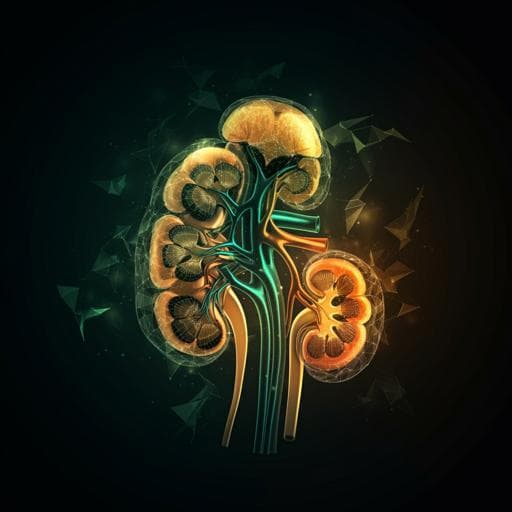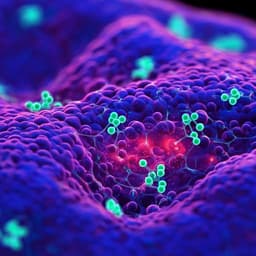
Medicine and Health
UroPredict: Machine learning model on real-world data for prediction of kidney cancer recurrence (UroCCR-120)
G. Margue, L. Ferrer, et al.
Discover how the innovative machine learning model, UroPredict, developed by a team of experts, including Gaëlle Margue and Loïc Ferrer, is transforming the landscape of kidney cancer treatment by accurately predicting postoperative disease-free survival for patients. This groundbreaking research promises to enhance personalized follow-up care and therapy choices.
Related Publications
Explore these studies to deepen your understanding of the subject.







